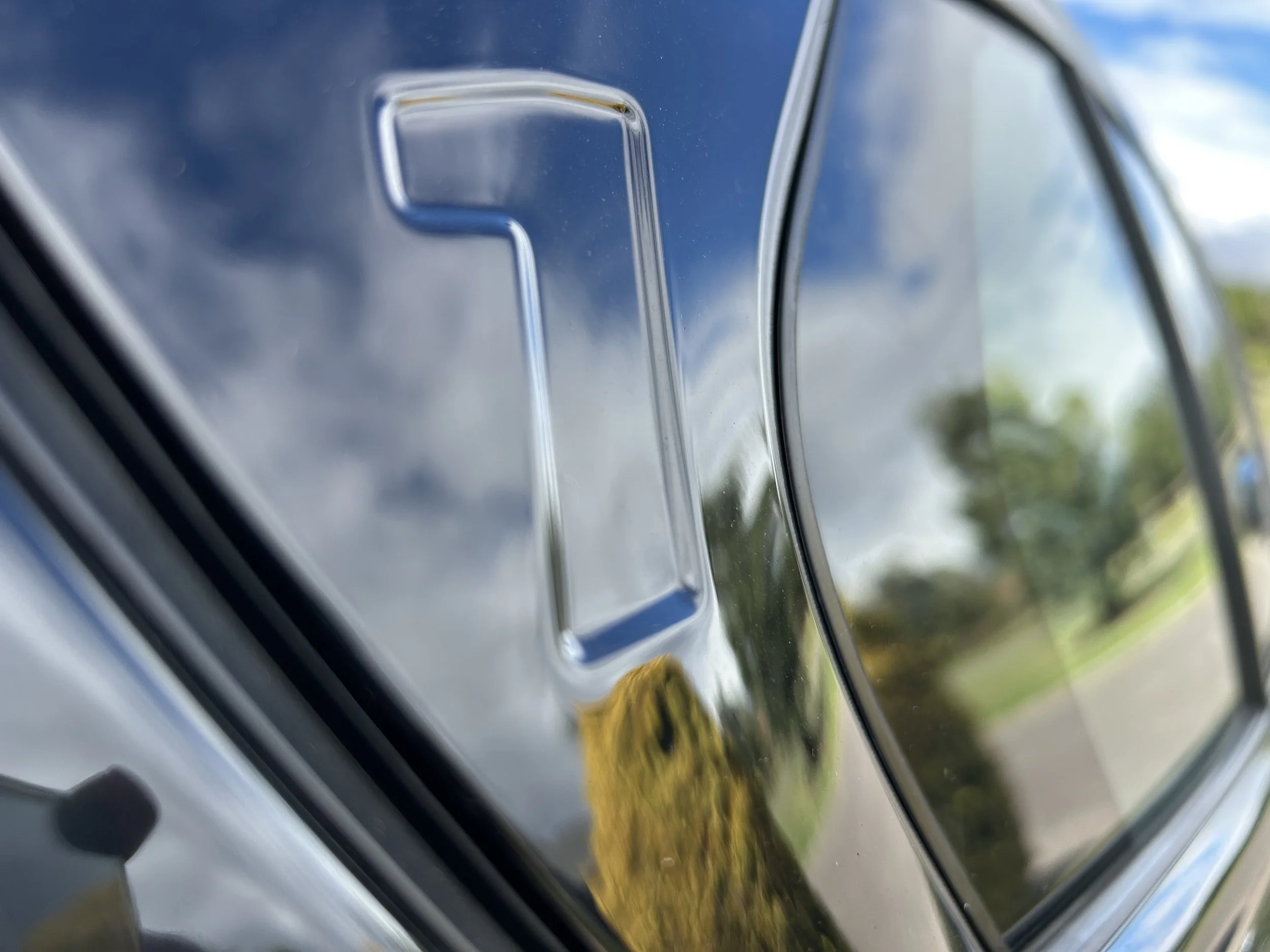So close ... but it's sayonara for Ariya, for now
/Intention to imminently launch Nissan’s latest electric hope been axed - for an obvious reason.
A NEW Nissan that stands as heir apparent to the country’s most popular electric vehicle will not release for now, a victim of the poor market condition.
Nissan New Zealand has stopped short of saying ‘never’ for the Ariya medium crossover, instead enforcing it is for now being “withheld.”
However, a statement via the brand’s regional head office, in Australia, made clear now is not the time.
“Due to the volatility in the New Zealand electric vehicle market, Nissan has decided to withhold the launch of Ariya in New Zealand,” general manager corporate communications Emily Fadeyev said today.
“Further announcements will be made when available.”
She said Nissan remains committed to bringing its electrified models to markets “when it makes sense for customers and the business.”
This last minute turn-up could well blindside potential buyers, who would have been expecting to see the car imminently.
Nissan New Zealand settled pricing in February and more recently began a pre-sale advertising campaign, including expensive television exposure, to the model, which announced in July 2020 and was on sale in Japan a year later but only became accessible to regional export markets relatively recently. Australia was behind NZ in the queue as the car has yet to achieve full Australia Design Rules compliance.
It is understood no saleable stock is here. The only Ariyas in registration are either used imports delivered by independent channels and around a dozen demonstration units held by Nissan NZ, primarily to represent the three-strong family of choices it had intended to retail.
One of these had gone to several media outlets for road test.
If launch had gone ahead, it would have been represented in single motor and front-drive Advance and Engage, with a 63kWh battery, for $76,990 and $82,990 respectively.
Above these was an Evolve, with an 87kWh type and dual motors for all-wheel-drive, for $109,990.
Ariya would have effectively become Nissan’s NZ-new choice in place of the much cheaper Leaf, the country’s most popular battery-resolved choice. Leaf’s 23,449 registrations amount to a just about one third of all wholly electric cars on NZ roads - or a quarter in plug-in hybrids are included.
The Leaf’s penetration is comfortably higher than the conjoined totals for the next best established models, the two cars Tesla sells here - the Model Y (8540) and Model 3 (8470).
However, as is well known, Nissan NZ has seen little direct benefit from the Leaf’s good run. At least 90 percent of the domestic population arrived as independently-sourced used import cars from Japan, some through Nissan dealers.
The Leaf has been kept on sale as a NZ-new product, with the entry type’s sticker being radically reduced in recent months.
That price slashing was in line with wholesale discounting by most EV sellers, keen to reduce their stockpiles in face of growing consumer resistance to battery cars. However, the NZ-new Leaf is also effectively on run-out because the sourcing factory, in the United Kingdom, has curtailed production.
Ariya is a technical twin to the Renault Megane e-Tech, whose intended sale here from February was also cancelled at the 11th hour by its distributor, an independent with no association to Nissan NZ.
In that instance, the French make’s local representative said the pricing didn’t work in a market that it foresaw would tighten, in wake of the end-of-2023 axing of the Clean Car rebate.
That prediction was accurate - and then some.
Sale of new EVs have plunged from 27 percent of the market last year to eight percent so far this year, and though some of last year’s top sellers still hold class popularity, they are doing so with much reduced monthly counts than those of 12 months ago.



















